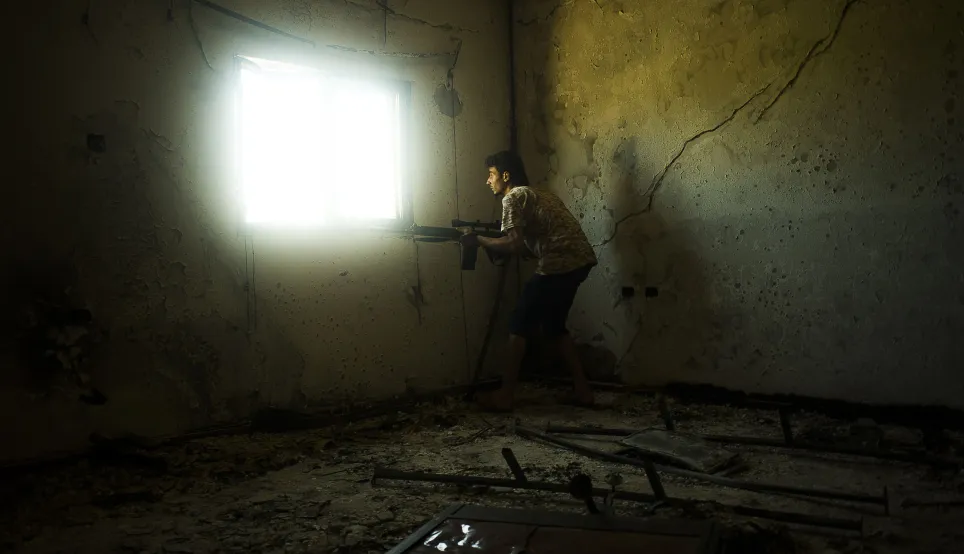The International Committee of the Red Cross (ICRC), the Norwegian Refugee Council (NRC) and HERE-Geneva are convening a panel of experts that will look at the ways in which humanitarian organisations and donors are stepping up their work to deliver humanitarian responses to those most in need during situations of armed conflict. Are humanitarian organisations sufficiently equipped to deliver their services in these contexts? What additional measures have to be taken to encourage organisations to respond to humanitarian needs in areas hard to reach?
Background
Recent reviews and studies have pointed to the fact that to a considerable degree, humanitarian organisations have become risk-averse and few organisations have appeared to make adequate institutional investments in their capacity to work in armed conflict settings. Commissioned by NRC, with the support of European Civil Protection and Humanitarian Aid Operations (ECHO), a recent review undertaken by HERE-Geneva in Iraq found that there is great divergence, in the extent to which humanitarian actors use the four core humanitarian principles of humanity, impartiality, neutrality and independence in their strategy, decision-making, and operational practice. Humanitarian organisations are delivering assistance in easier to reach areas instead of prioritising volatile and violent environments, a trend found notably in the Iraqi context. Similarly, Médecins Sans Frontières (MSF) has been reflecting on the drivers for the response gaps in armed conflict and is engaged in a process of exchange with other humanitarian actors on this topic.
Humanitarian actors are being confronted with a multitude of political, institutional and security obstacles that prevent them from delivering principled humanitarian action. These obstacles, however, should not lead to complacency. They should be the reason for humanitarian organisations to re-double their efforts to overcome the challenges blocking the delivery of principled assistance. The central question is to understand what it takes for humanitarian organisations to bolster both their operational and strategic capacities to provide humanitarian assistance and protection to people caught in conflict.
As part of ICRC's Conference cycle on War in cities, the event, taking place on the eve of the humanitarian segment of ECOSOC, will be an opportunity to hear about the issues inhibiting the delivery of principled humanitarian action during armed conflicts. It will be a chance to hear about the perspectives of humanitarian organisations like the ICRC, MSF and NRC, as well as donors, and to discuss the tangible steps that can be taken to overcome them.
Introduction
- Ed Schenkenberg van Mierop, Executive Director of HERE-Geneva
Moderator
- Julia Steets, Director, Global Public Policy Institute (GPPi)
Panellists
- Mads Almaas, NRC, Director, Emergency Response
- Raquel Ayora, MSF Operational Centre Barcelona-Athens, Director of Operations
- Nicolas Von Arx, ICRC, Strategic Adviser to the Director of Operations
- Irene Plank, Deputy Head Division for Humanitarian Assistance – Policy, International Organisations, Multilateral Coordination, German Federal Foreign Office
- Hervé Delphin, Head of Unit, Middle East Directorate-General for European Civil Protection and Humanitarian Aid Operations (DG ECHO)

